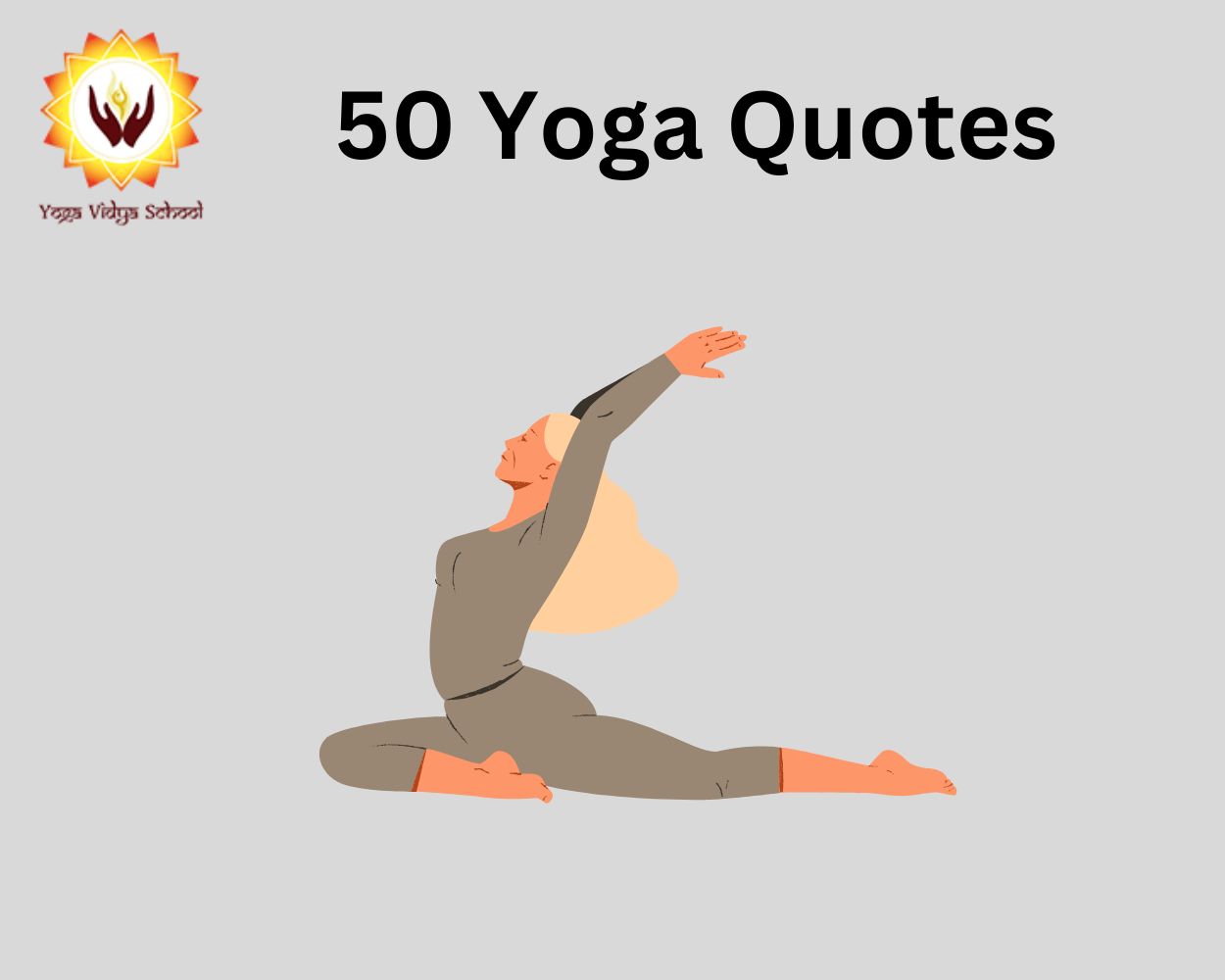
**The Various Routes of Yoga: A Voyage to Moksha**
In the expansive realm of yoga, ancient practitioners acknowledged the variety in human character and designed different routes of yoga to accommodate various seekers on their spiritual quest toward Moksha, a condition of freedom and deep inner tranquility. Recognizing that individuals are influenced by unique elements—whether it be the heart, intellect, or actions—they carefully formulated these routes to reflect the diverse temperaments and tendencies of spiritual seekers.
**Karma Yoga: The Yoga of Unselfish Action**
Karma yoga, also called the yoga of action, is perfect for those who are drawn to activity and service. This route stresses selfless service and the execution of one’s responsibilities without attachment to the results. It is the practice of offering all actions to the divine, thereby cleansing the heart and diminishing the ego. By participating in work with a sense of dedication, practitioners learn to rise above the ties of karma and gradually move toward liberation.
**Bhakti Yoga: The Way of Devotion**
For those dominated by the emotional aspect of their existence, Bhakti yoga provides a route focused on devotion and love for the divine. This type of yoga promotes the cultivation of a personal connection with the divine through practices such as chanting, prayer, and rituals. It taps into the strength of emotions, converting them into pure love and surrender to the divine. Bhakti yoga fosters humility and compassion, nurturing unity and harmony with the world, ultimately leading to spiritual enlightenment.
**Jnana Yoga: The Yoga of Wisdom**
Jnana yoga caters to intellectual seekers, those motivated by a pursuit of knowledge and understanding. This path involves profound inquiry and meditation, assisting practitioners in distinguishing between the real and the unreal by developing discernment, or ‘viveka.’ Jnana yogis dedicate themselves to comprehending the essence of the self and the universe, practicing self-inquiry and reflection on sacred texts. Through this rigorous mental training, they strive to overcome ignorance and achieve self-realization.
**Raja Yoga: The Noble Path**
Sometimes called the royal path, Raja yoga provides a comprehensive and systematic approach, blending elements from several paths. It encompasses a holistic methodology that includes ethical practices, breath regulation, senses withdrawal, concentration, meditation, and ultimately, the state of samadhi—an experience of unity with the divine. Raja yoga is particularly suitable for those who seek equilibrium and mastery over both mind and body.
**Conclusion**
Every route of yoga presents a distinct method for individuals to explore their potential, align with their inherent tendencies, and ascend toward Moksha. Whether through actions, devotion, wisdom, or disciplined thought, the ancient practitioners generously established these routes to honor our diversity and direct us towards the ultimate aim of liberation and inner tranquility. By choosing the path that resonates with our nature, we embark on a transformational journey toward the realization of our highest self.